The London-born actress follows her rules of attraction when picking out roles – like Elphaba, who captivated her in the ’Wicked’ stage production more than a decade ago: “I saw myself.”
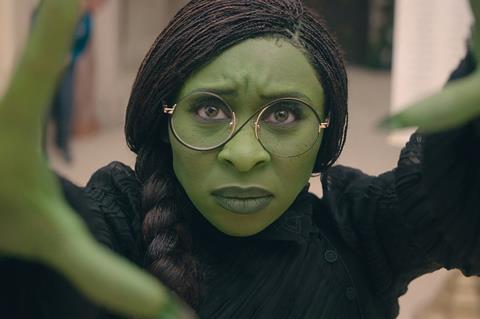
In a screen career that is still in its first decade, and which saw her nominated for the Bafta rising star award as recently as 2019, Cynthia Erivo has packed in an impressive number of achievements.
She played Celie in the musical of The Color Purple on Broadway, and won a Tony for her performance in 2016. On the big screen, she has been in Steve McQueen’s heist thriller Widows and Harriet Tubman biopic Harriet, which earned her Oscar nominations for best actress and best original song. Her small-screen credits include Star Wars: Visions and Genius, a National Geographic anthology series in which she played Aretha Franklin.
But Erivo has never been involved in a phenomenon quite like Wicked, the Wizard Of Oz spin-off in which she plays a rebellious, green-skinned trainee witch named Elphaba. The first of two films adapted from the long-running stage musical, Wicked has proved a box-office smash, with $570m globally to date and counting. “I am astounded by how well it’s doing,” says Erivo. “It’s definitely beyond my comprehension.”
She divides the credit between a host of colleagues, including sound mixer Simon Hayes who ensures “our voices as singers are backed up and taken care of”, and production designer Nathan Crowley, who gives viewers a new detail to spot every time they watch the film, “unless you watch it 50 million times”.
What links all of these achievements, says the actress, is the decision of the film’s director Jon M Chu to keep the production as physical as possible. “There’s something to it being really practical, so you can be immersed. There’s no CGI on me, there’s no CGI on [co-star] Ariana Grande. It’s us, those are our faces, and that make-up is real. I think having that sort of texture run through it has caught people in the heart.”
This approach also extended to recording the vocals live on set. “It was one of the most thrilling experiences I’ve ever had,” says Erivo. “It takes a lot of work and stamina because you’re singing take after take, but I feel like that’s what I trained for. If you’re doing eight shows a week, singing for two hours straight, that sort of training gives you the stamina to do it. I would have resisted doing it any other way.”
Stage craft
Erivo made it through the gates of the Emerald City relatively easily. She had “a couple of conversations” with Chu, and one audition in 2021, “and that was that”.
But she had set off down the yellow brick road many years earlier. Erivo was born in London to Nigerian parents in 1987, and enrolled at the Royal Academy of Dramatic Arts in 2005. It was there, at the age of “19 or 20”, that she and a fellow student got into the habit of grabbing librettos from the library so they could sing and play the piano together in a practice room.
One of those texts was Wicked, by Stephen Schwartz and Winnie Holzman. “So we had learnt the entire libretto from front to back before I’d even seen it,” she remembers, “which was… I don’t know, was it foresight? I have no idea. And then when I was 25, I went on a solo date just to see the show. I figured, I’ve been working, I’ve made a little bit of money, so I can buy my ticket for a West End show – which we know is not cheap.”
Erivo was spellbound. “I saw myself,” she says of Elphaba.
On choosing jobs, she continues, “It’s always about the character. Once I’ve read the script, it’s a couple of things. Can I learn from the character? Can I make that character connect with people? Is there an interesting sense of intelligence in this character? After you’ve finished watching this movie, I want them to stick with you.”
What she never does is choose a project because of its potential impact on her career. “No, because if I find the characters that allow me to share who I am as a performer, as an actress, as a human being, I actually think that will help me [career-wise],” she explains.
Even when Wicked came up, it was not the chance to be in a blockbuster that attracted her. “If I didn’t think I was going to love playing Elphaba, I wouldn’t have taken the audition,” she says. “And yes, it’s wonderful that it’s part of this huge mainstream thing, but also, it’s a musical, so there was that huge risk because so many musicals don’t work.”
Producing roster
Resident in Los Angeles since 2015, Erivo has not shot anything else since Wicked wrapped final photography in January, after the almost-completed shoot was suspended in July 2023 due to the Hollywood strikes. “It’s a case of taking a minute,” she says, “and looking at the landscape and deciding, ‘Who’s next?’”
This choice of words — “who’s next” rather than “what’s next” — is telling. To help her find those indelible characters, Erivo set up her own production company, Edith’s Daughter, in 2020.
Her first film as a producer was last year’s Drift, an indie drama about a Liberian refugee on a Greek island. She is currently producing Carrier, a thriller based on a seven-episode fiction podcast. “It’s with a studio, we’re doing a script rewrite on it, so that feels like it’s happening.”
Another “passion project” is Prima Facie, adapted from the one-woman play by Suzie Miller, which garnered Olivier and Tony awards for Jodie Comer. “We had our funding, and now we are looking for funding again,” says Erivo. And she is “really proud” of Raising Wild, an Apple TV+ series she is producing with Renée Zellweger.
Even with her short pause from acting, Erivo is amply busy pushing these projects forward, and doubly so when factoring in the promotional responsibility of leading a film like Wicked.
“I’ve created an extra hour in the day,” she says with a twinkle of witchy magic, before switching back from Elphaba to Erivo. “No, I’m lucky enough to have a team of wonderful people working with me, and I’m dogged and determined. I don’t necessarily get much sleep, but I try to make sure what little sleep I get is good quality.”




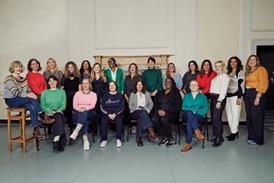
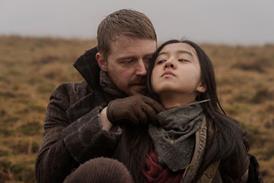
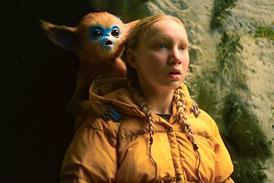
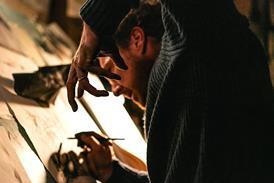
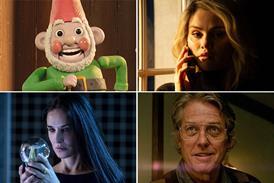



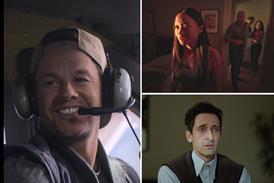
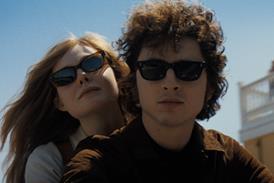
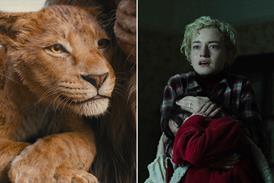
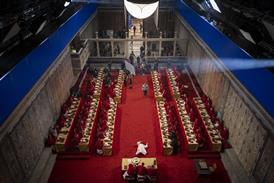
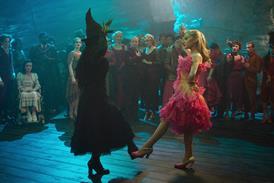
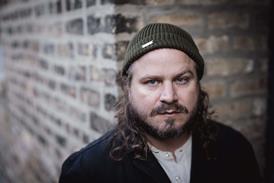







No comments yet